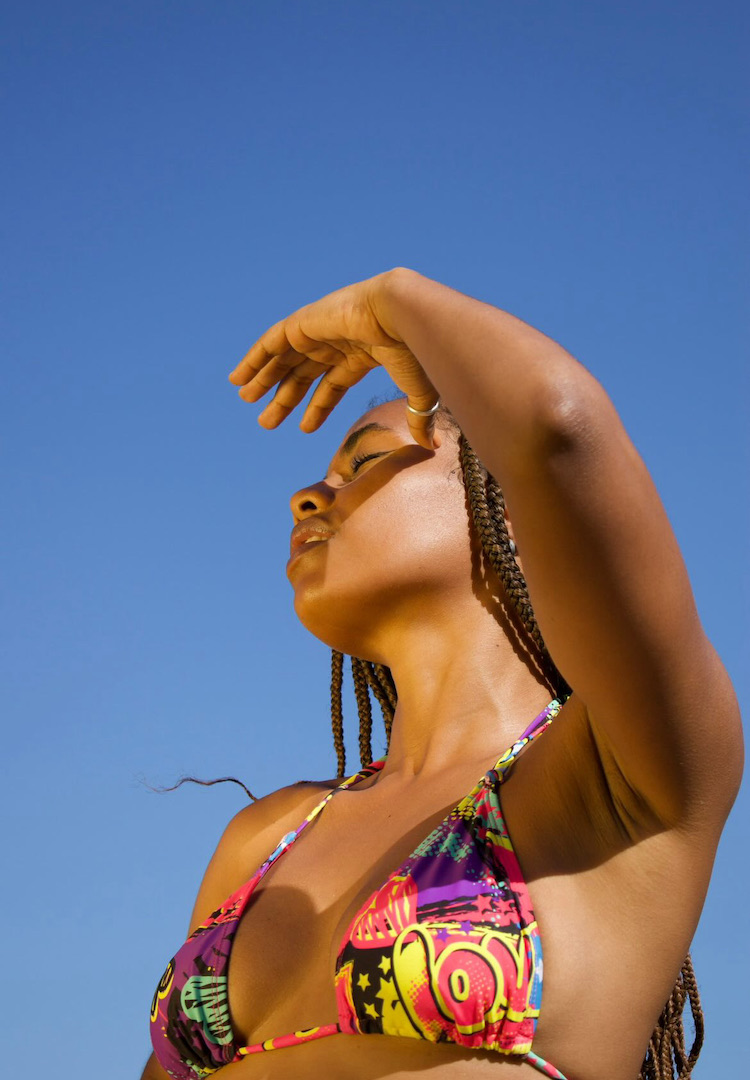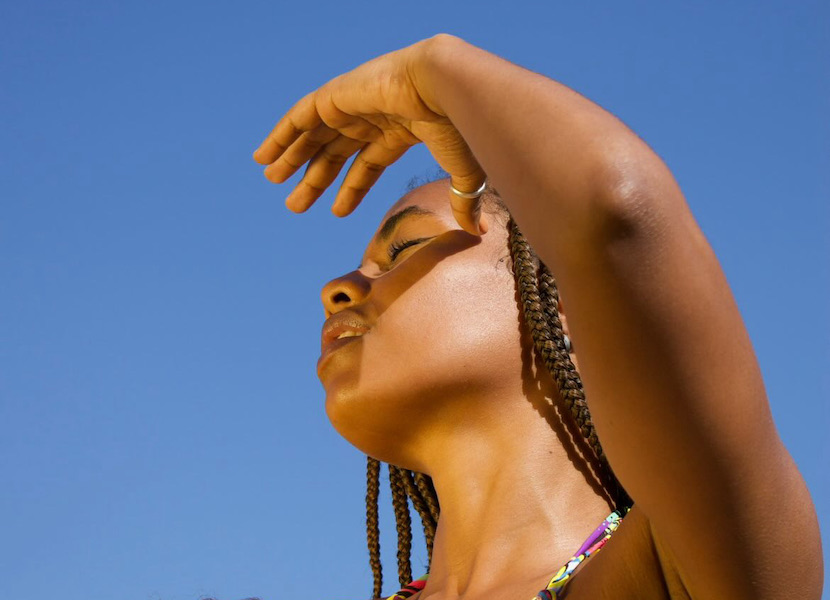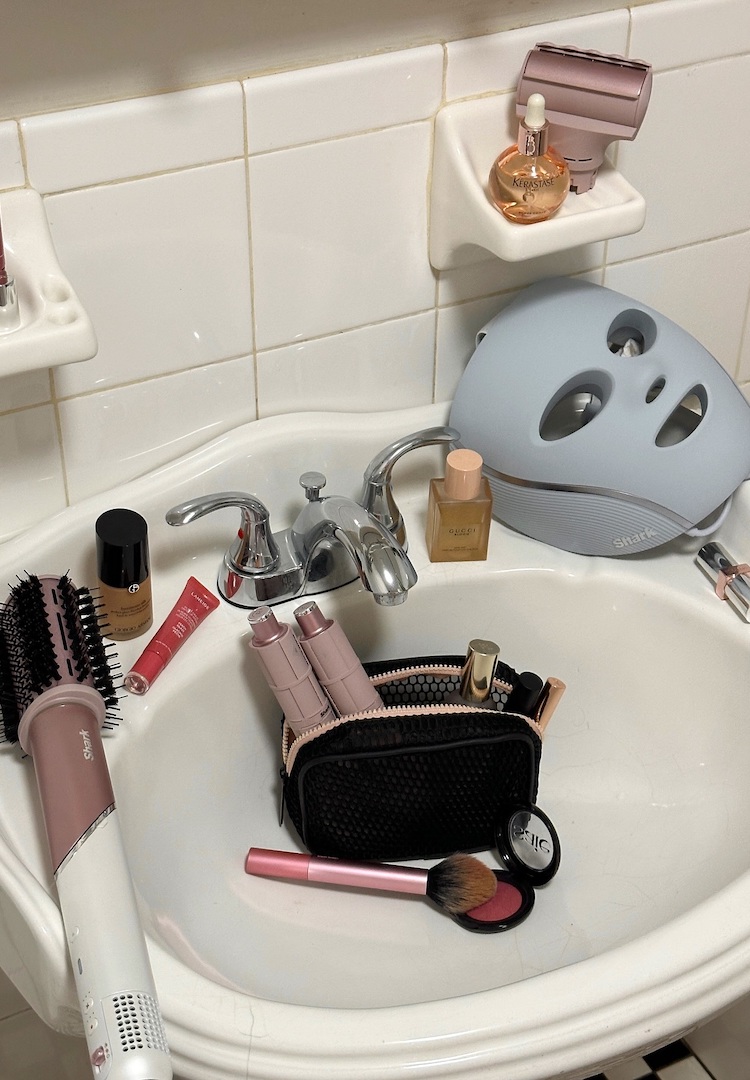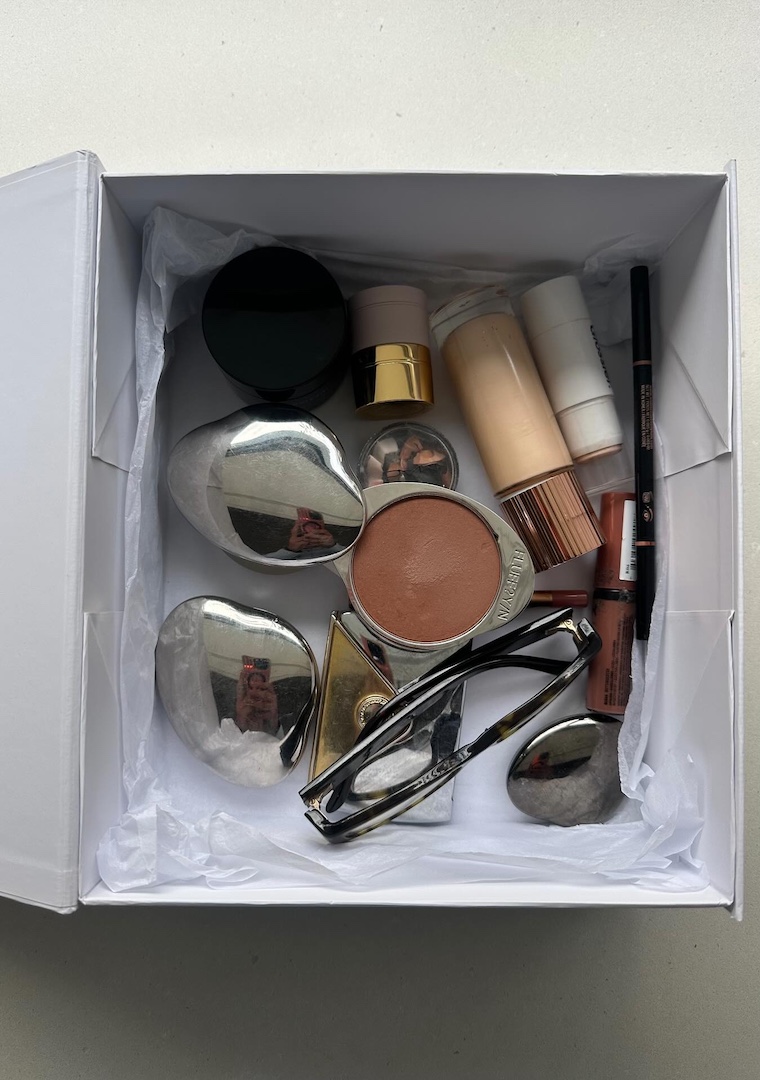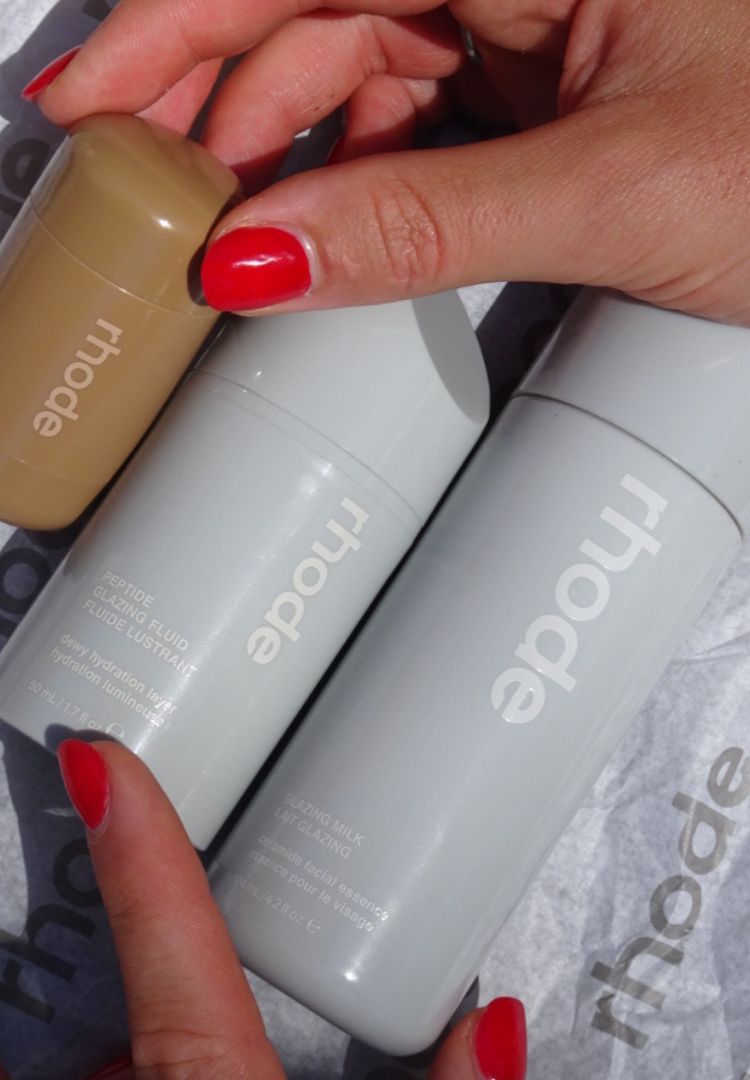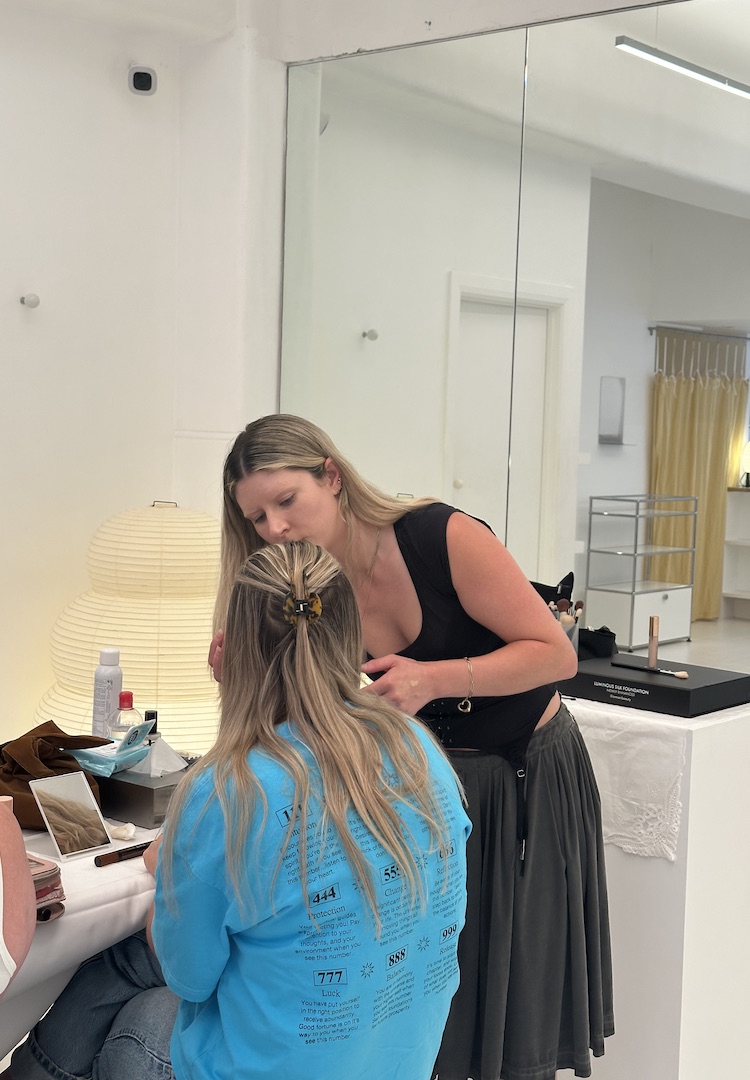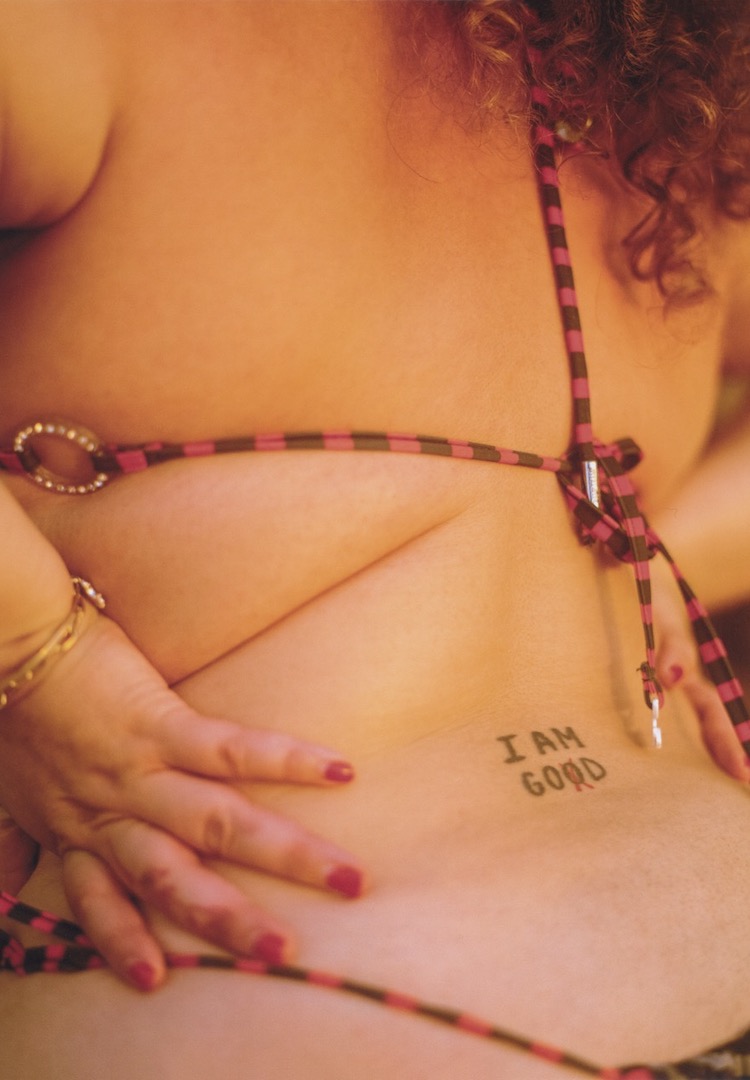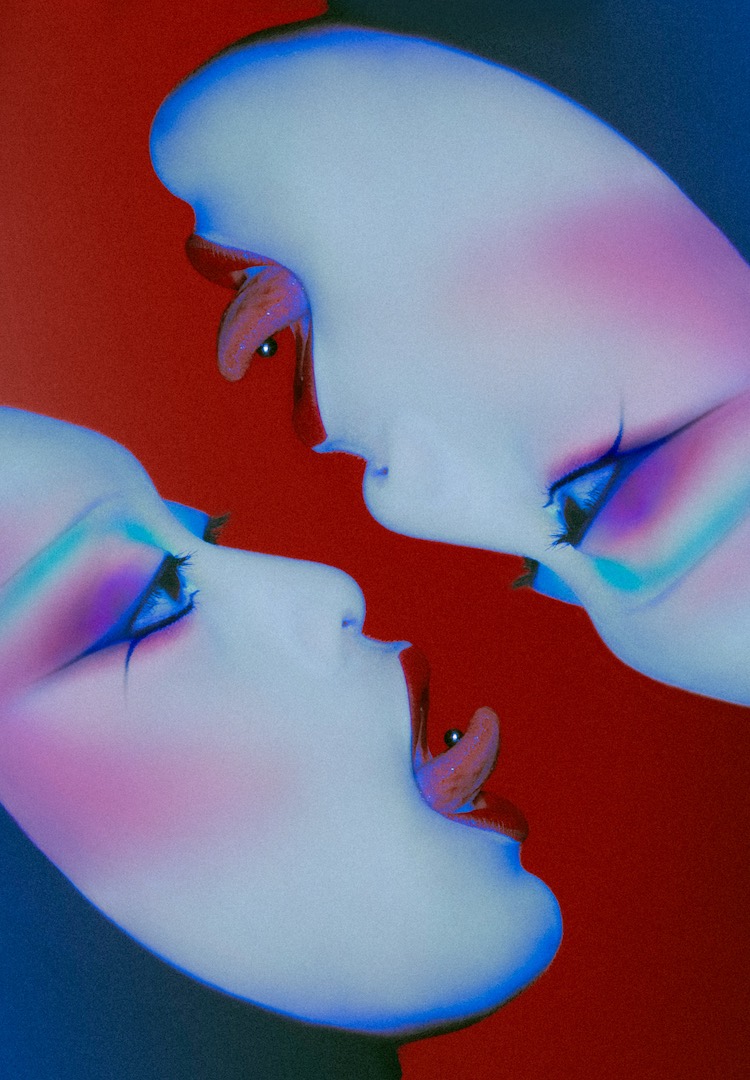Can Botox help control my persistently sweaty face? I asked a dermatologist
Words by Dinushka Gunasekara
Sweaty girl summer.
I’m a hot girl and by that I mean I’m constantly sweating. My face is the unofficial third headliner of the Sweat tour. My biggest fear is receiving a SULA (Sweaty Upper Lip Alert) from Poppy Moore. Anyone else?
With summer in full swing, high temperatures and increased humidity can often leave your face dripping. And while sweating is your body’s very natural response to regulate your temperature, face sweat can be uncomfortable to deal with and a little embarrassing – not to mention a total waste of good skincare and makeup.
We like nosy people. Don’t be shy, head to our Beauty section for more.
According to Dr Aakriti Gupta, an Australian board-certified cosmetic dermatologist, us hot girls can take action to manage face sweat, with certain skincare ingredients and even injectables that can help. But first, we need to understand why it’s happening and surprisingly, it’s not only about heat.
“Facial sweating happens when the sweat glands on your face react to triggers like emotions, heat, or certain foods,” she explains. “Stress, anxiety, and hormonal changes can activate the body’s ‘fight or flight’ response, causing sweat on areas like the forehead and upper lip. These areas are essentially the face’s ‘cooling zones’, where sweat glands are most active when your body is trying to manage heat or high emotions.”.
How do I know if my sweating is normal or excessive?
Firstly, step away from WebMD’s definition of hyperhidrosis. Dr Aakriti says the difference between normal and excessive sweating is based on how often it occurs: “Normal face sweating is an expected response to heat, exercise or emotions, and happens occasionally,” she says. “However, excessive sweating is disproportionate to your body’s thermoregulatory needs, like sweat that happens in cooler conditions or with minimal to no exertion. If your sweating is frequent, severe, or affects your daily life, it’s time to consult a professional.”
What’s the most effective way to cool down?
A more-than-dewy face can often have you feeling flustered and annoyed, which only causes more sweat. Instead, Dr Aakriti recommends a few tips for getting as cool as a cucumber: “Use a cool compress or ice pack on your forehead and seek out a cool environment, such as shade or an air-conditioned space. Otherwise you can try a cooling mist that may contain aloe vera or cucumber to refresh your skin. Blotting papers can also help to absorb sweat without disturbing your makeup, and mattifying products like powders or setting sprays will reduce shine.”
And when all else fails, keep calm and carry on: “Practising deep breathing or mindfulness can also help reduce stress-induced sweating.”
How do I prevent face sweat?
If face sweat is really bothering you, you might want to consider a few lifestyle tweaks to help keep in check.
“Certain foods and drinks can trigger sweat, such as spicy foods, caffeine and alcohol, which stimulate your nervous system and cause the body to heat up. It’s also important to stay hydrated to regulate your body temperature,” says Dr Aakriti.
“When it comes to skincare, avoid heavy creams or oily products that can trap heat and create a barrier on the skin. Instead, go for light, gel-based moisturisers and mattifying primers that help control shine without clogging your pores. Ingredients like niacinamide are also great for calming the skin and regulating oil, while silica or clay can absorb excess moisture.”
“As for makeup, go for long-wearing and sweat-resistant formulas that feel light on the skin. Gel-based primers and breathable foundations work better than heavy powders, which can cake up when mixed with moisture. And if you really need your makeup to last through a hot day, a mattifying setting spray can lock things in without making your skin feel suffocated.”
Can injectables reduce face sweating?
Technically yes, but it comes with side effects.
“Botulinum toxin, commonly known as Botox, can help reduce sweating by temporarily disrupting the signal from our nerves to our sweat glands,” says Dr Aakriti. “This is most commonly used for underarm sweating, but may be used for facial sweating in certain situations like forehead sweating.”
“It’s important to understand that this treatment often has additional effects in these areas (e.g. anti-wrinkle effects) and the potential benefits and risks need to be discussed at an individual level with your healthcare provider.”
For more beauty tips on staying cool this summer, read this.


